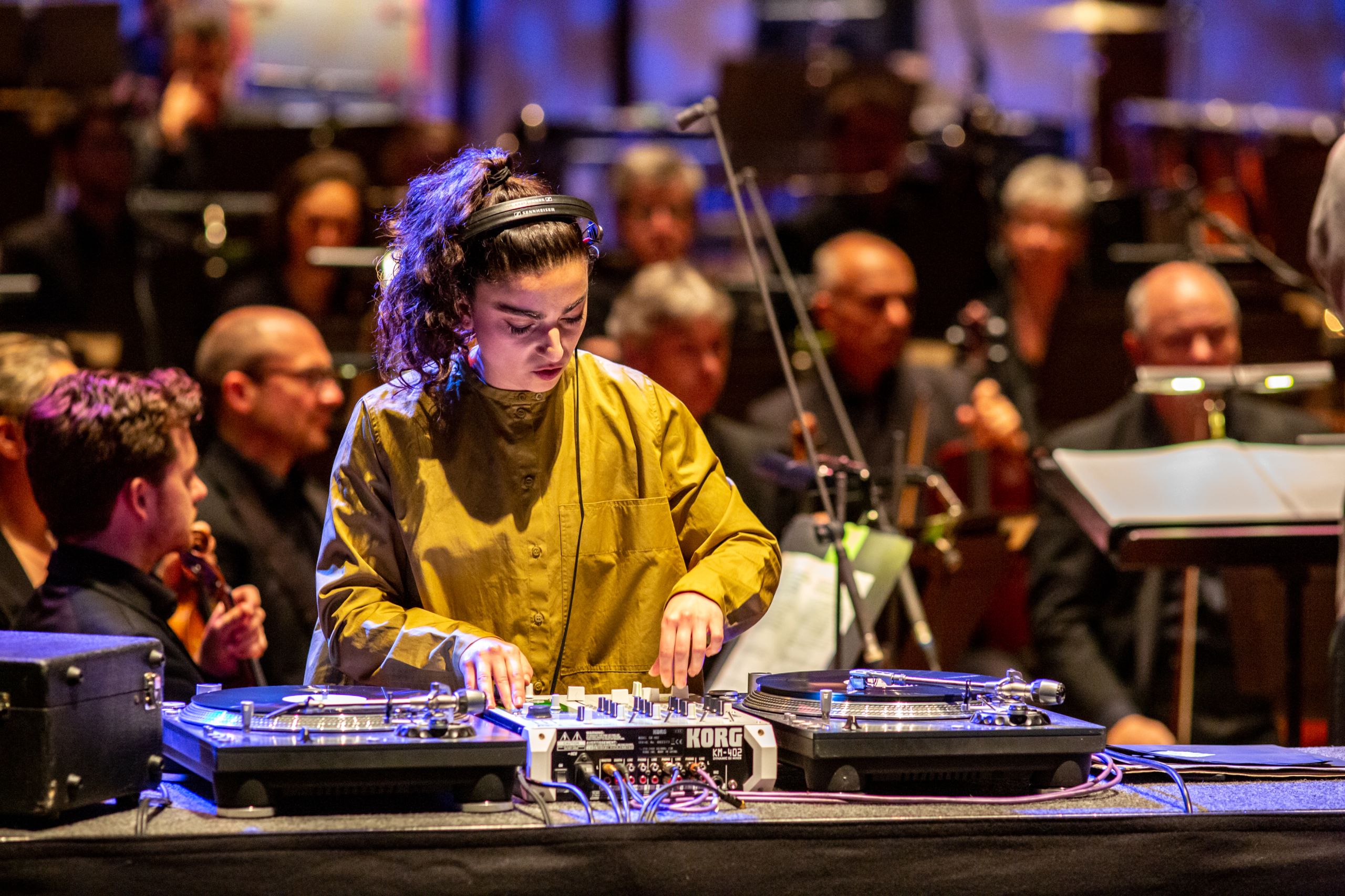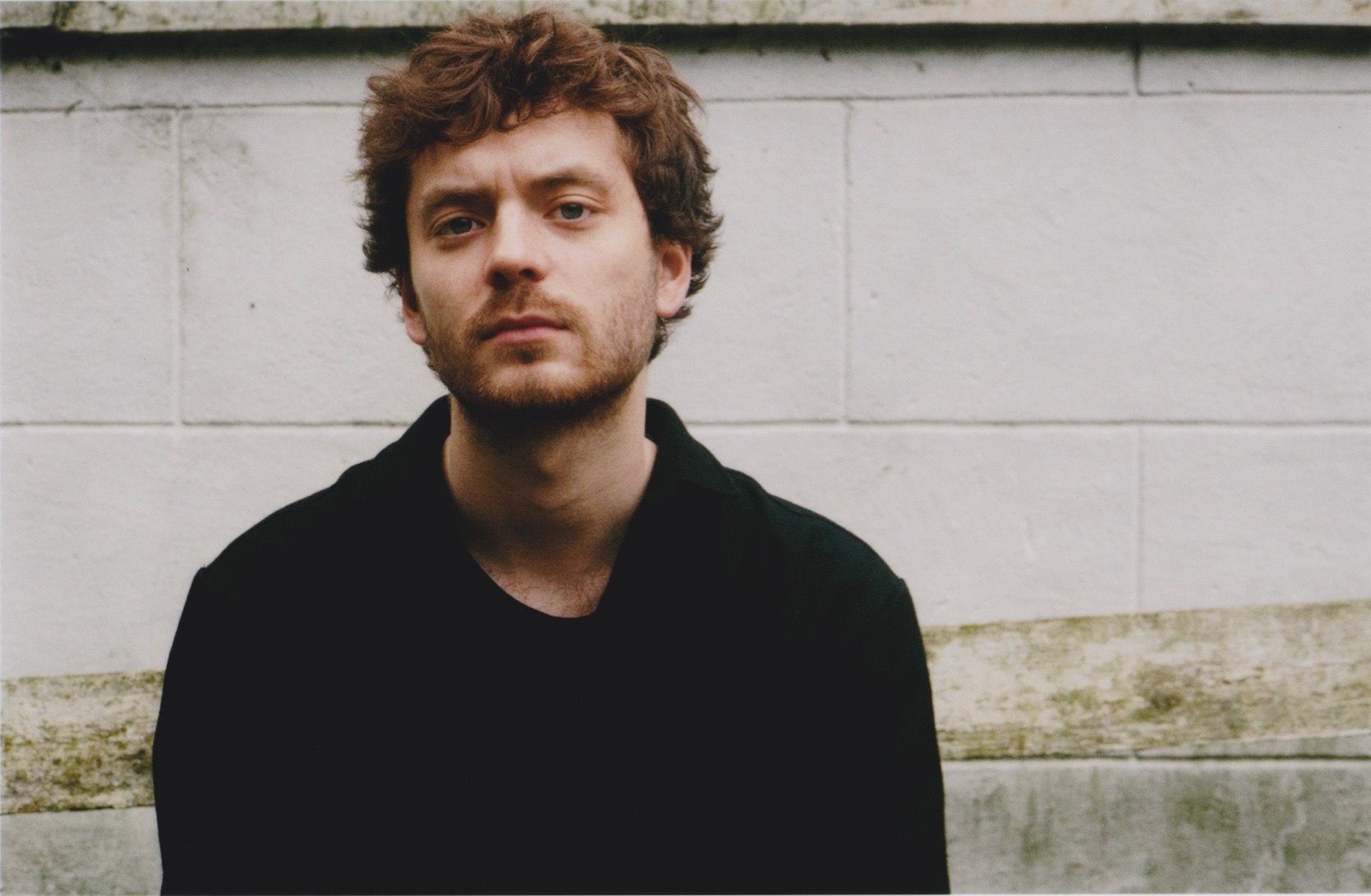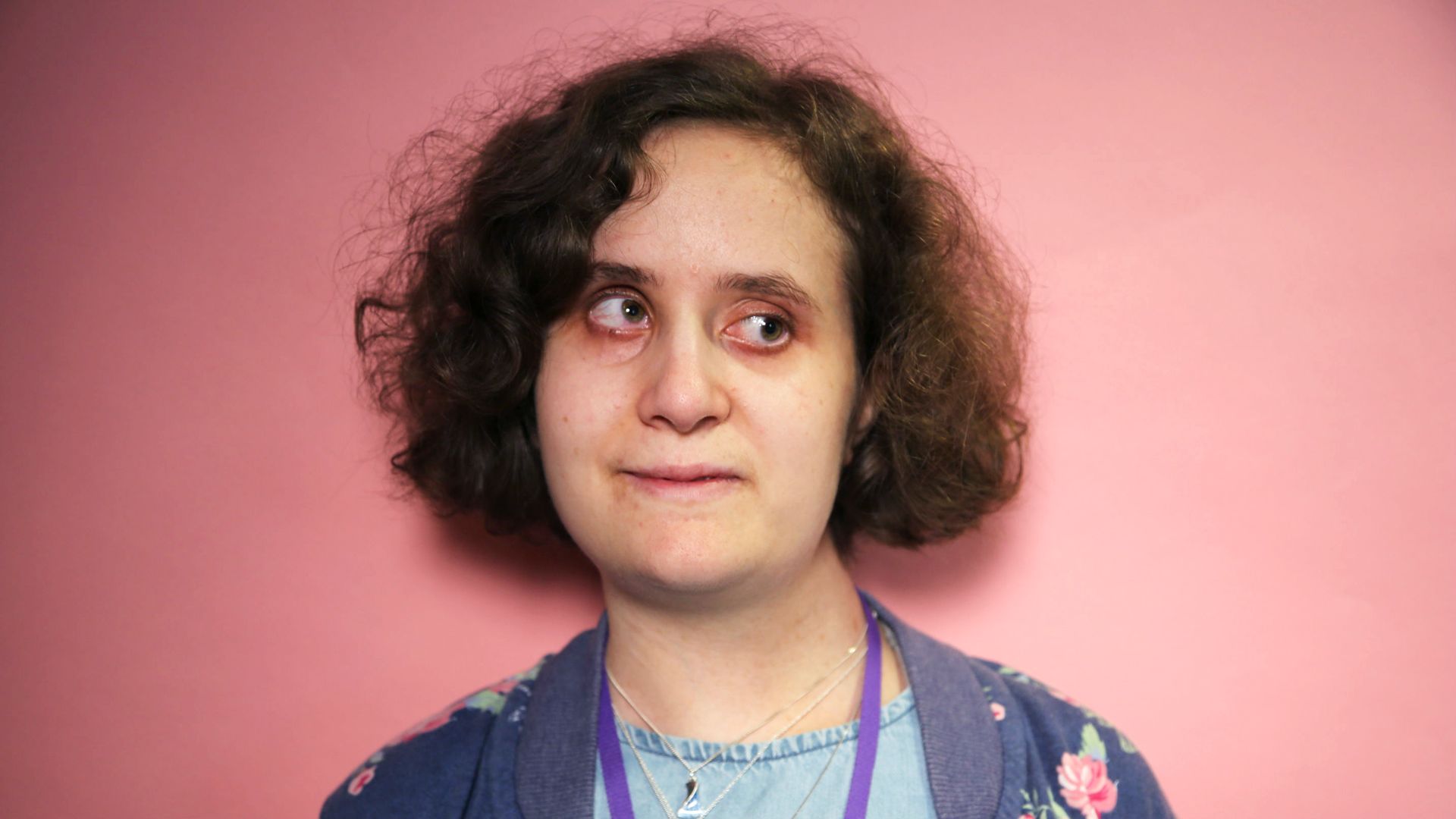Winds of Change
Since 1998 the Proms’ young composer scheme has helped guide burgeoning talent into the world of professional composition. But, asks Clare Stevens, in a rapidly shifting field, what does the modern ‘composer’ look like today?

As the world celebrates the 250th anniversary of Beethoven’s birth, the traditional image of a composer as a grey-haired man clutching a pencil and a book of manuscript paper remains hard to escape. But for more than 20 years the BBC Proms has been helping to change that image through the BBC Young Composer scheme and competition (previously Proms Inspire), which has identified emerging talent and given hundreds of teenage musicians the opportunity to have their work performed by professional ensembles and soloists. Not all those young composers have had the benefit of years of formal musical training; they may not come from musical families, they don’t all write down their music using conventional notation and they often score for non-traditional line-ups.
For 15-year-old Ruby Grace Amar, joint winner of the competition in 2018, ‘composing’ currently means writing songs. Her winning entry, Amber, was inspired by a woodland walk near her home in Cornwall and began with a series of poetic phrases that she crafted into stanzas before coming up with a musical setting. She then produced a multi-track recording of herself singing both solo and backing vocals, and playing the piano accompaniment. She submitted this as her competition entry alongside a graphic score to show the visual contrasts between the verses and the chorus. Ruby went on to perform Amber with pianist John Reid and members of the BBC Singers at a prize-winners’ concert. She has been commissioned to write a piece for the BBC Concert Orchestra but, because she is relatively inexperienced in notation, she will be given the chance to work with orchestral musicians in order to realise her music. For Lauren Creed, Senior Learning Manager for the BBC Proms, this is exactly the kind of support that BBC Young Composer aims to provide. ‘We have so many amazing resources that we can offer our young composers in whatever way is appropriate,’ she says.
Shiva Feshareki, one of many alumnae who now have established careers in music, describes herself as a ‘composer and turntablist’. In 2004 she was encouraged by her comprehensive-school music teacher to submit In the Attic, which she had written for GCSE Music. Since early childhood Shiva had been obsessed with listening to everyday sounds, observing them and creating her own music in response, but In the Attic was her first formal composition.
‘It started a massive journey of creative exploration. I scored it for three violins and two pianos, and for one of the pianos I built a rotational, vibrating tool, similar to an electric toothbrush, that would ride the strings of the piano to create a deeply resonant tremolo sound. I built it in the Design and Technology classroom with the help of a DT-savvy friend. Playful experimentation with repurposed turntables started about a year later.
“Things have dramatically shifted with the latest generation. They have different perspectives – technology has made it so easy for them to discover all sorts of music and to create and share their own.”
‘I try to have a different method of creating music for every piece, performance and project in order to broaden my horizons,’ she explains. ‘Sometimes my scores are there to encourage the learning of the music through a listening process, as opposed to reading. Or sometimes I create orchestral and ensemble music which I spatialise using geometry, in terms of both the physical positions of the instruments and the frequencies and rhythms that I use in the music itself. With these compositions the notational process is even more painstaking and detailed than with conventional scores. Often they have so many staves they become A2, 80-page scores. But then, in contrast, with my electronic music and turntablism I create compositions live, through improvisation.’
Jack Sheen, who was a prize-winner in 2011, combines composition with conducting and co-curating the London Contemporary Music Festival (LCMF). Now 27, he is probably one of the last in his generation to have started exploring music through record shops (especially FOPP in Manchester) and reviews for the print edition of NME. It was only when Sheen decided he wanted to go to music college that he realised he should learn some music theory; even then, he says that ‘the lessons were before school and I didn’t want to get up that early, so I just went to one, took the books home and taught myself’. Learning to play the piano, bass guitar and double bass was just a means to an end – putting him in the position where he could learn more about music and begin writing his own.

Jack Sheen, a prize-winner in 2011, who now co-curates the London Contemporary Music Festival
Jack Sheen, a prize-winner in 2011, who now co-curates the London Contemporary Music Festival
‘A lot of my current work is in art galleries and visual arts spaces, rather than concert halls,’ he explains. ‘It may involve film or performative elements and regularly involves dance. Most of my friends are young people interested in all sorts of contemporary culture. They are really curious about my work, and I want to reflect this curiosity in an unfiltered way, which is what we try to do with LCMF, where contemporary classical music is presented alongside poetry, visual arts, dance and lectures. For this generation it is often easier to relate to Ligeti or Helmut Lachenmann than to Mozart.’ Sheen has just completed a Junior Fellowship in Conducting at the Royal Northern College of Music in Manchester, and says he is amazed by the skill and creativity of today’s student composers. ‘Things have dramatically shifted with the latest generation. They have different perspectives – technology has made it so easy for them to discover all sorts of music and to create and share their own.’
For Alexia Sloane, currently packing a three-year undergraduate degree into two at the RNCM, writing poetry is as important as writing music, and one of their current frustrations is that the practicalities of student life make it difficult to maintain a dual identity as a composer and a writer. Sloane believes that the arts should be a springboard for activism, whether political, environmental or spiritual, and their winning entry for the 2018 senior category of the competition began life as a poem about 3-year-old Syrian refugee Alan Kurdi, whose body was washed up on a Turkish beach in 2015. They then transformed the ideas and emotions expressed in the poem into an atmospheric wordless song for instrumental ensemble.

Alexia Sloane, who was a competition winner in 2018, is currently studying at the Royal Northern College of Music
Alexia Sloane, who was a competition winner in 2018, is currently studying at the Royal Northern College of Music
The only person to have won both a BBC composing competition and the longer-established BBC Young Musician for instrumental performers, is Mark Simpson. In 2006 he wrote Lov(escape), for solo clarinet and piano, a ‘showy-off piece’ as he describes it, for himself and pianist David Jones to play in the semi-final of BBC Young Musician; he entered it for the senior category of what was then Proms Inspire, almost as an afterthought, and won. He is enormously grateful for all the opportunities that have come his way as a result, and for a BBC Fame Academy Bursary that gave him the opportunity to spend a year studying in Berlin. But he adds that he would never have become a composer had he not been offered free instrumental lessons at his primary school in Liverpool, weekday ensemble sessions and all-day Saturday classes at his local music centre, and a wealth of opportunities to develop his interest and explore music further that were offered by the Royal Liverpool Philharmonic Orchestra and its contemporary music group, Ensemble 10/10.
Simpson is just one of several past prize-winners who now have established composing careers. Another is Alex Woolf, who took part in the competition in 2012. He realises it had a knock-on effect from which he is still benefiting. ‘The people at the Proms have kept an eye on what I’m doing ever since; they saw that I’d begun to write a lot of choral music, and they commissioned me to write two symphonies, the first for orchestra and chorus, celebrating the 70th anniversary of the National Health Service, and the second for orchestra only, celebrating the 60th anniversary of the M1 motorway. Both were then broadcast on BBC Radio 3.’
Grace-Evangeline Mason is also a past prize-winner. She began composing by writing down her own piano improvisations. She recalls the impact of attending a BBC workshop in Birmingham, where she found herself writing a duet for cor anglais and harp, and having it performed by professional musicians the very same day. ‘It was wonderful to be around other like-minded young composers,’ she says. ‘There was a wide range of styles represented. I think public perception is becoming more open and accepting of a wider array of composers from different backgrounds and experiences, as well as embracing the rich variety of music that this diversity can bring.’
This is certainly the aim of the competition, according to Lauren Creed: ‘There are many different ways to be a composer in 2020. We want to find exciting new musical voices and help them to develop their potential, no matter what their inspiration, style or background.’
Clare Stevens is a freelance writer, contributing regularly to a variety of publications including ‘Choir & Organ’, ‘Music Teacher’ and ‘Music Journal’, the magazine of the Incorporated Society of Musicians.
This is a lightly revised version of an article originally written for the BBC Proms 2020 Festival Guide, which was not published this year owing to the change of programme following the coronavirus epidemic.
BBC Proms Learning
BBC Proms Learning supports the Proms’ aim to bring the greatest classical music to the widest possible audience. Beyond the concert hall, we offer the opportunity to participate, play alongside professional musicians and creatively explore the music featured in the Proms. Nurturing talent is central to this aim, and we continue to develop programmes around composition (BBC Young Composer), the voice (BBC Proms Youth Choir and Academy) and instrumental development (BBC Proms Youth Ensemble), creating exciting musical opportunities for young people.
For Families
Proms at Home
Following the highly popular BBC Ten Pieces at Home, we’re pleased to bring you and your family Proms at Home. Each week, alongside a specially selected Prom, we’ll bring you a fun family-friendly activity that can easily be completed at home. Send us your creative responses through our uploader – you never know, you could be featured on the Proms website!
The activities have been created in partnership with organisations around the UK that work to change lives and bring music and the arts to children and young adults, including the Irene Taylor Trust, Heart n Soul, Mousetrap Theatre Projects and Literacy Pirates.
For Young Composers
BBC Young Composer 30 Second Composition Challenge
Can you define your sound in just 30 seconds using only one instrument or voice? We’re setting a challenge to young composers aged 12 to 18 to send us their 30-second compositions. We’ll be selecting some of our favourites to showcase on the BBC Young Composer website, BBC social media and maybe even on Radio 3!
The closing date for uploading your 30 Second Composition is 5.00pm, Monday 31 August. You can submit your piece using our media uploader. Visit the website for more information.
BBC Young Composer
Open every year to young composers aged 12 to 18 writing music of all styles and genres. Winners will participate in a tailored development programme working with a composer mentor on a project with the BBC Concert Orchestra, which will be performed and broadcast in a special young composers’ concert as part of a future BBC Proms season.
The deadline for 2020 entries was Monday 20 July. Keep an eye out on the Young Composer website for details of the 2021 competition, as well as full terms and conditions.
Three of the winning competition entries mentioned above are available to listen to on BBC Sounds, along with short interviews with each composer:
Aviaries by Jack Sheen
Elegy for Aylan by Alexia Sloane
Amber by Ruby Grace Amar
Produced by BBC Proms Publications